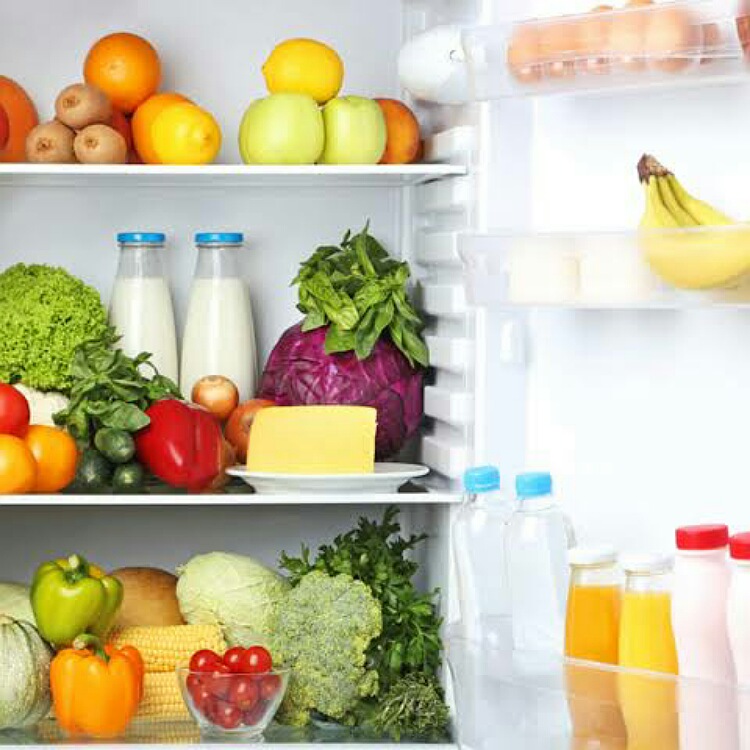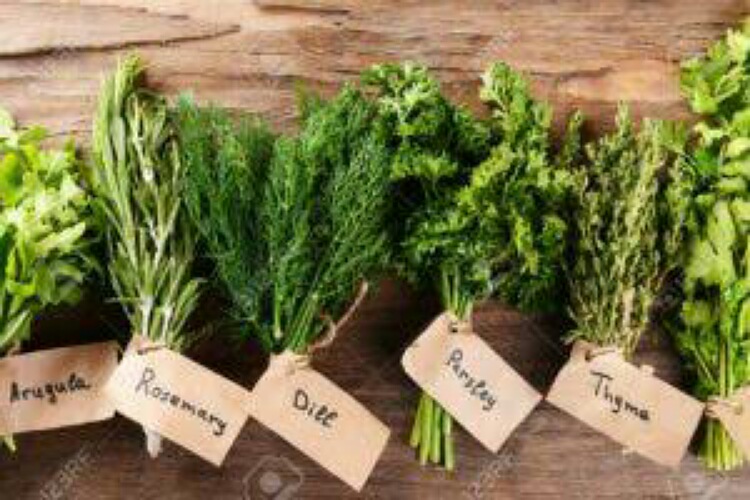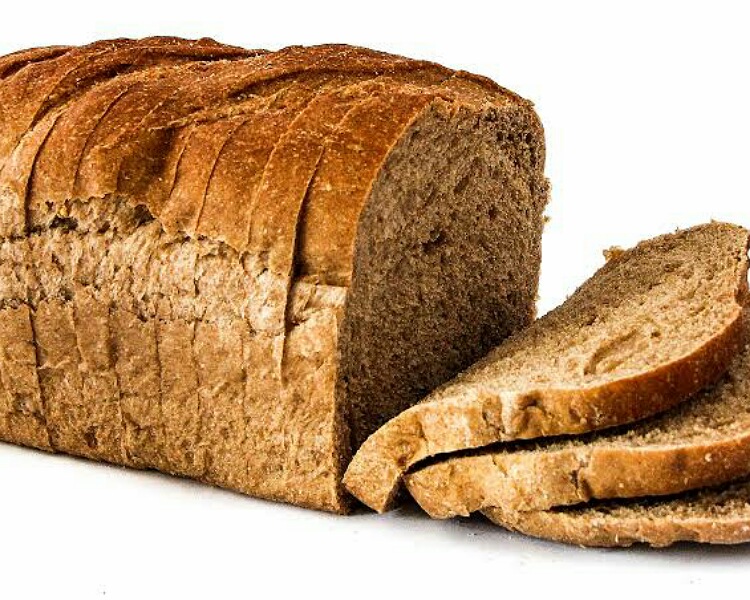Refrigerators are cooling chambers to preserve the perishables.
We load uncooked vegetables and fruits as well as cooked foods in the refrigerator to slow their process of rotting and increase their shelf life.
But do you know that not all food items can be kept inside these cooling chambers? There are some that are better kept outside in open air.
Foods that should not be kept in the refrigerators
Refrigerators are cold areas that prevent putrefaction of foods. They are used to cool perishable food items so that they do not become stale soon.
We want to prolong their life and keep them edible for a longer time. The cold prevents or rather slows down the effect of bacteria on these food items. There is a tendency to put every grocery foods into the refrigerator.

Though the fridge is useful to preserve foods for a longer length of time, one should know and remember that not all foods can be stashed into this cooling chamber.
There are some that are better kept outside. Which are these foods? Below is the list.
1. Bananas: No for refrigerator storage
Many learn the hard way that bananas should never enter the fridge. They should be stored outside in fresh air. In fact, the light and outside air slow their decay. And they ripen better outside in case we have picked them up in a bit raw stage.
2. Coffee powder
Never put this in the fridge since it loses it flavor and picks up the flavor of things around it. For that rich aroma, keep it in a sealed package in a safe and dry place in the kitchen.
3. Tomatoes
Leave them outside in order to preserve their freshness and texture. In the fridge, they lose their deliciousness.
4. Honey
Keep it outside so that its taste remains good. It becomes unpalatable if left in the fridge.
5. Fresh herb twigs

Never put in the fridge. They will dry up and lose their flavor. Keep them away from direct sun. Submerge the twigs in some water and keep them on the kitchen countertop.
6. Cooking oils
These oils should be at a cool dry place and not in the cold. In the fridge, they solidify.
7. Melons
All kinds of melons in the whole form should be outside and not in the fridge. But if you have peeled the fruit and cut them into pieces, then they should be in the fridge.
8. Onions
These onions should be kept outside. In the fridge, they dry up and lose their flavor.
Also, when you store peeled onions inside the fridge, they absorb the moisture and turn soggy. Their crunch is lost. Pathogens and bacteria invade it and its nutrients decrease.
9. Potatoes
These starchy vegetable roots should also remain outside. They lose their texture inside the fridge. Additionally, their sugar content rises.
And when they are fried, baked, or roasted at high temperatures, there is more formation of acrylamide. This is dangerous for the body.
10. Garlic
This seasoning item should never be in the fridge. It loses its goodness in that chamber. It becomes soggy and its bulb starts deteriorating faster. Molds grow on it.
11. Avocados
Also, read Grilling foods: Pros and cons of this cooking technology!
Allow them to ripen outside naturally and do not put in the fridge. Will Hawkins, Registered Nutritionist at Push Doctor says:
“Once picked from the tree, avocados, much like bananas, produce ethylene, which triggers the ripening process. The optimal temperature for this is 20°C. Fresh-picked avocados should ripen under these conditions within three to six days.”
“When ripe, the avocado should yield gently to pressure, but not be squishy.”
12. Bread should not be in refrigerators

It is best to store this bakery item in an air-tight container outside. In cold, its starch recrystallizes and leads to faster staling.
